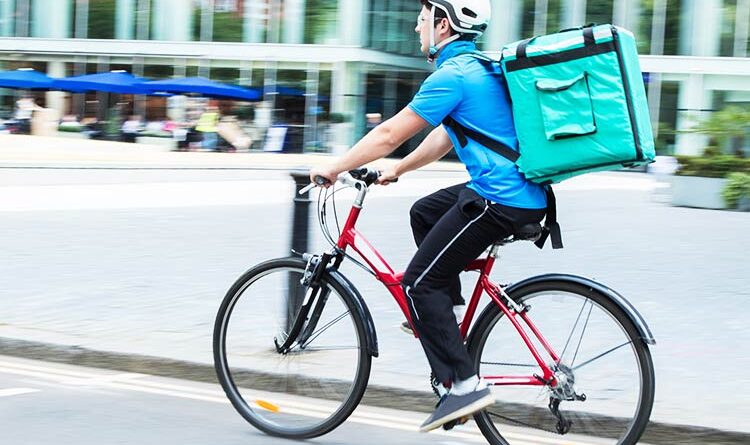UK. Why the gig economy deserves better options for protection
For many people who consider going freelance or self-employed, added flexibility is usually the main driver. But other things you normally take for granted suddenly become more complicated, including the lack of a safety net from your employer if you happen to fall ill.
The LV= Wealth and Wellbeing Monitor found that 64 per cent of working UK adults were worried about losing income if they were unable to work. A central worry was how to pay the bills and the mortgage if they fell ill, yet only one in 10 had considered taking out a protection policy.
This is clearly where advisers can offer help and assistance.
The sad truth is that, in the moment, people said they would rely on money from friends and family or statutory sick pay to get by, neither of which are adequate solutions. Statutory sick pay is still less than £100 a week, which many people would be unable to live on at the best of times, never mind the high-inflation environment we now find ourselves in.
For self-employed UK workers, totalling more than 4mn people, they would get no support from the state as they are not eligible for SSP.
There is a need for flexible workers, who are more vulnerable to income shocks, to be able to receive support through the combined efforts of government policy, employers and insurance providers. This is where specialist income protection cover can come in useful as it follows definitions based on the client’s occupation.
One feature that can be under-appreciated is the choice of waiting periods available to dovetail into the different occupations that may have their own systems for sick pay, such as teachers and healthcare professionals.
That way, income protection payments can begin after workplace benefits have been exhausted. Another option to consider is inflation-linked policies so that weekly or monthly payments can continue to keep up with the rising costs of living.
Generational shift from prioritising income over assets
Our research found that self-employed workers were able to last just over six months if they were unable to work, compared with five months for the general public. Savings have become a necessary safety net, as months in lockdown meant that many had to learn quickly how to manage with little to no support available from the state.
Now there are thousands of workers on zero-hours contracts, freelancing or working in the ‘gig’ economy, who may be juggling several jobs at once. Some could be earning well but have no protection in place to cover their high expenses if the unthinkable happens.
Read More @FTAdviser
262 views










